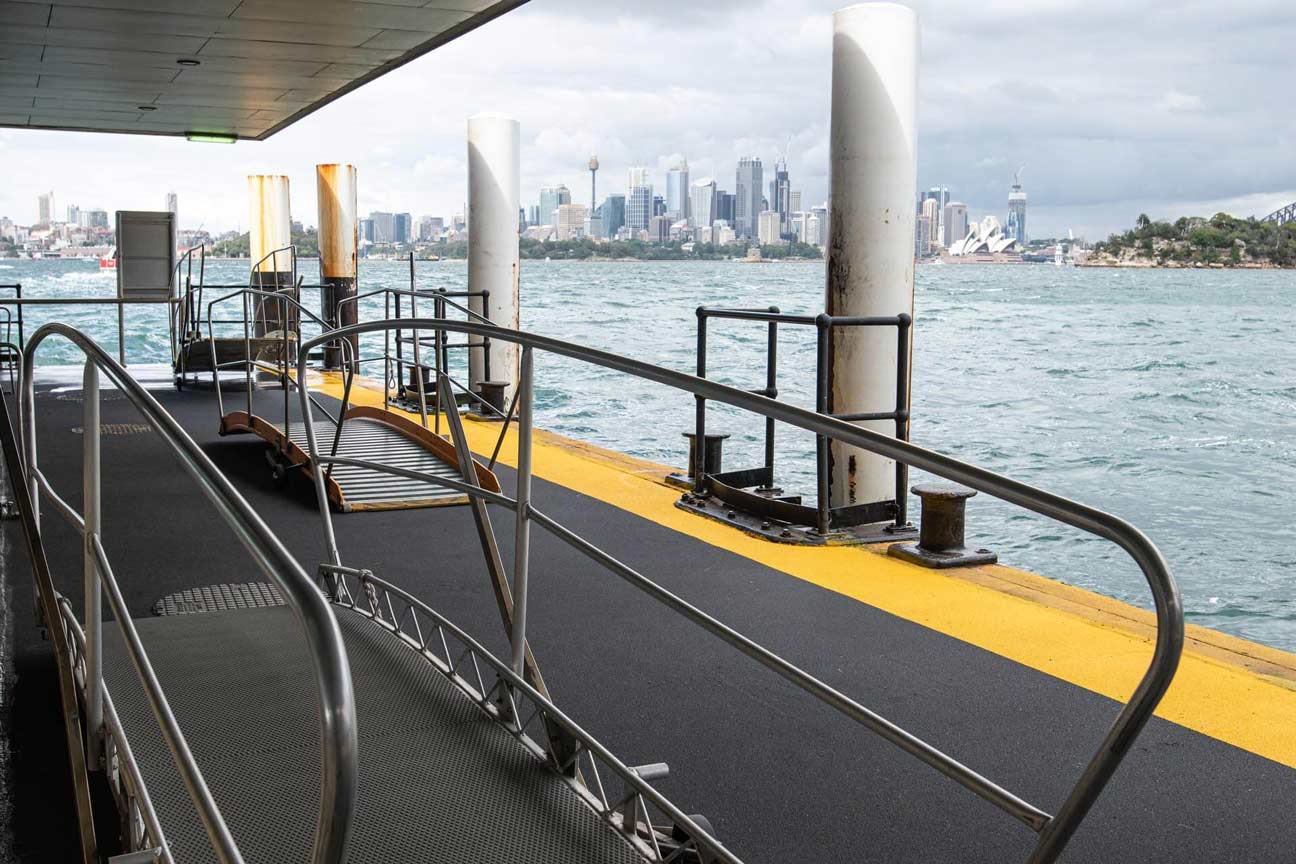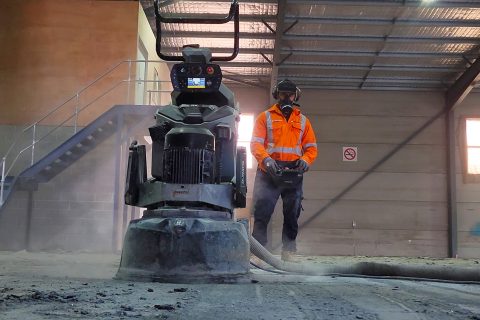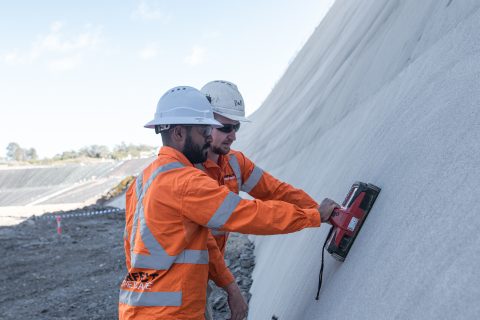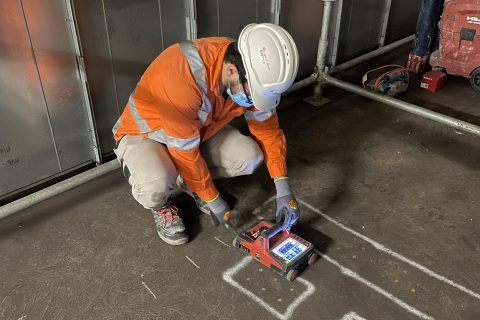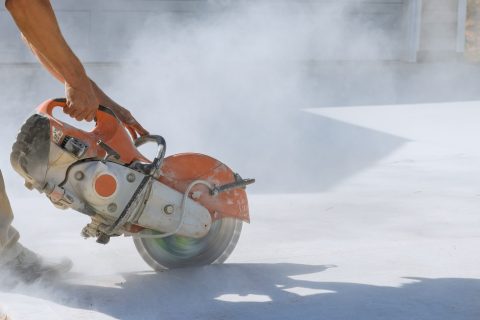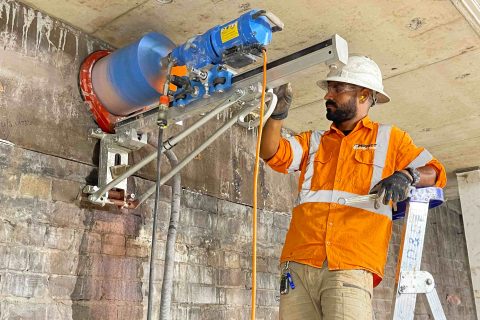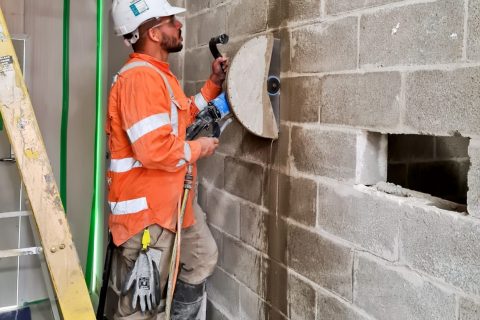Salt water has a corrosive effect on concrete, as well as other building materials. So if you’re living by the ocean, it’s a good idea to take measures towards protecting your property against the effects of salt water from coastal flooding, sea spray and ocean air. However, one type of structure often forgotten about in this process is concrete driveways. Let’s take a look at what salt water can do to a concrete driveway, and how to protect yours if you live near the ocean.
What does salt water do to a concrete driveway?
Concrete is a porous material and can absorb water easily. Salt water can penetrate concrete and slowly cause it to break down. As well as eating into any underlying metal reinforcements used inside the concrete.
Salt lowers the freezing point of water and attracts moisture, which increases the pressure of frozen water within the concrete. This is the same effect that causes an unopened beverage in a glass bottle to explode if it is left in the freezer. The water expands when frozen, which puts increased pressure on the glass (or in this case, concrete). Eventually, the frozen water thaws. But when this happens over and over due to the natural freeze-thaw cycle, it can have lasting effects.
Additionally, concrete contains calcium hydroxide, which reacts with the calcium chloride in salt and forms calcium oxychloride (CAOXY). These CAOXY crystals then expand within the concrete, causing internal cracks and crumbling due to the increase in pressure.
This means that if your concrete driveway is repeatedly exposed to salt water, it can begin to develop structural issues and may eventually collapse. Because this tends to occur over an extended period, the concrete slowly gets weaker, and the resulting instability may not be noticed until significant damage has already been done. Your concrete driveway may become discoloured, crack or even crumble.
Your concrete driveway may be exposed to salt water through flooding. Particularly in coastal areas that are prone to storms, as well as sea spray. It can also occur from the air itself. In coastal climates, moisture in the air contains high levels of sodium chloride, i.e. salt, which causes discolouration and crumbling.
How can I protect my concrete driveway from salt water?
Our first tip for preventing salt damage to your concrete driveway is by applying a sealer. A sealer that contains water repellents such as siliconate or silane siloxane keeps the water out of the micropores in the concrete. Ensure you choose a good sealer that protects concrete surfaces against salt damage from both water and air moisture.
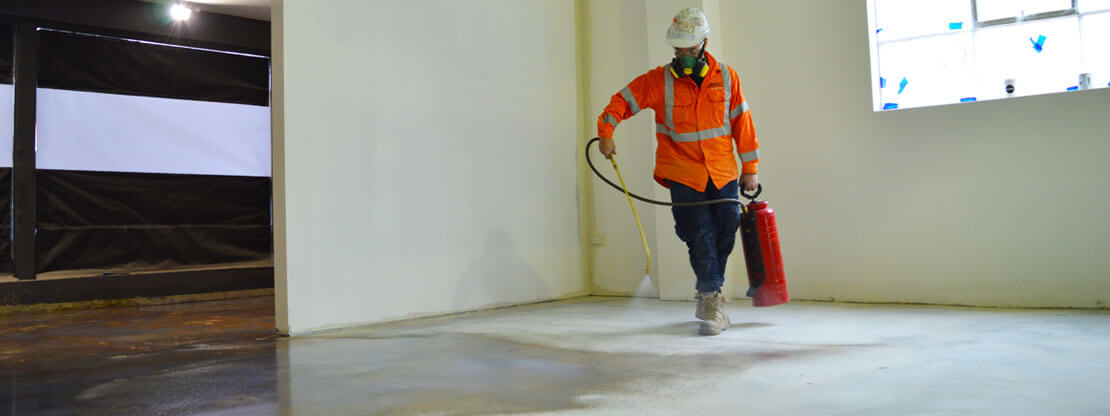
Additionally, it’s key to note that high quality concrete and correct placement will lessen the effects of salt water exposure on your driveway. For this reason, if you are planning on installing or replacing a concrete driveway near the ocean, here are some tips to help protect it from salt water.
- Ensure that the concrete you use has a pressure of 4,000 PSI or greater.
- Use a water reducer in the concrete mix to reduce the risk of trapped water pressure exceeding the tensile strength of the concrete and leading to damage. This will also give you stronger concrete while maintaining flowability, meaning it’s easy to place correctly.
If your existing concrete driveway has already been exposed to salt water or is showing signs of damage, you can apply a sodium or lithium silicate densifier. This penetrates and reacts with the concrete to form a calcium silicate hydrate structure. It densifies and strengthens the concrete surface and makes your driveway more resistant to further damage.
Another step that is helpful in protecting your concrete driveway from salt water is applying a protective coating, by using an acrylic sealer which creates a durable film on the surface of the concrete. Ideally, your driveway should be recoated every few years, or more frequently in highly susceptible areas.
Complete concrete care throughout Sydney and NSW
At Perfect Concrete Care, we provide a range of concrete care, maintenance and repair services throughout Sydney and the state of New South Wales. Our team of experienced and professional concrete specialists strives to complete every job safely. They also want to do it on time, within budget, and with minimum impact to the environment. To discuss your driveway care needs, contact us today.

